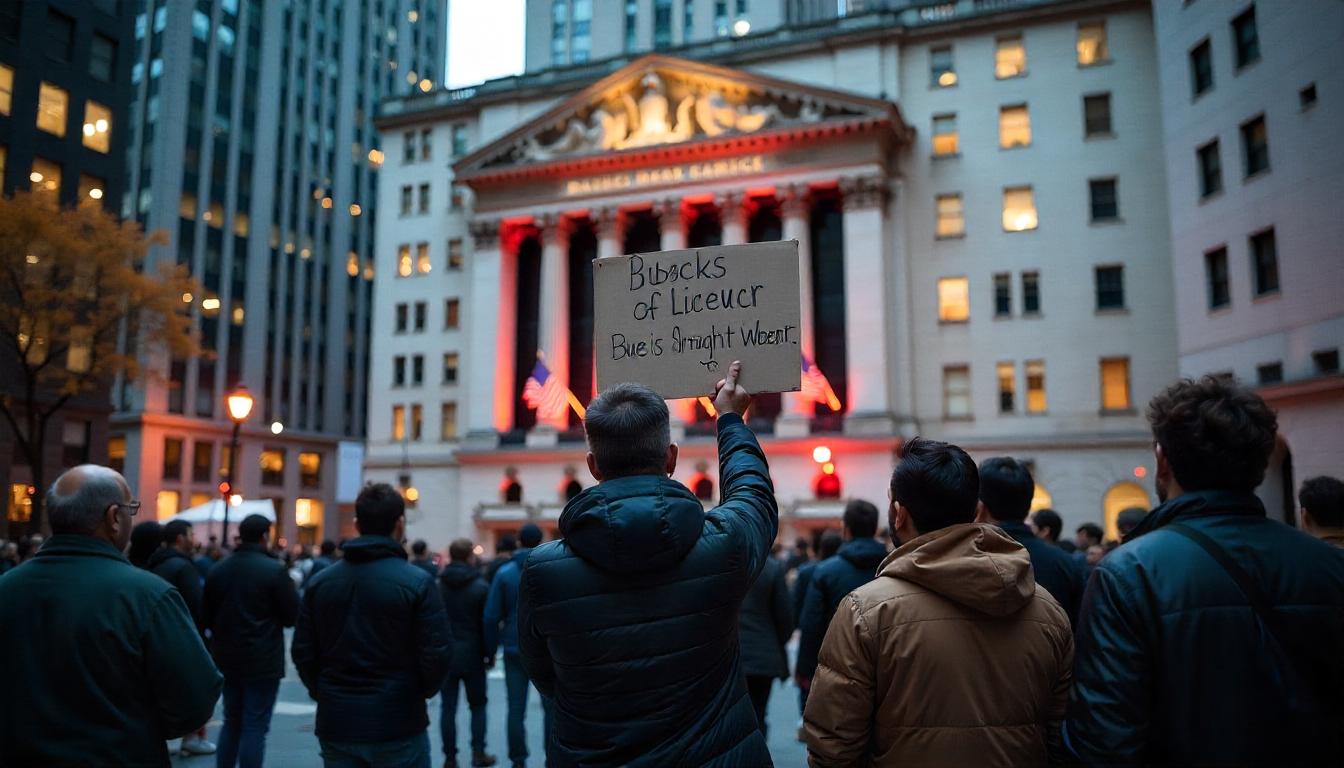Bitcoin Faces Retreat After U.S.-China Trade Truce as Investors React
After a month of impressive gains, Bitcoin has pulled back slightly following the announcement of a temporary trade truce between the U.S. and China.
In a textbook “buy the rumor, sell the news” scenario, Bitcoin (BTC) has started to decline after the two nations agreed to suspend most tariffs on each other’s goods for 90 days. Bitcoin had surged from a low point just below $75,000 in mid-April, peaking over $106,000 on Monday morning as the market reacted positively to the trade negotiations.
At press time, Bitcoin has eased back to $101,300, marking a 3% decrease over the past 24 hours.
Stock Markets Soar as Bitcoin Cooldown Continues
In contrast, U.S. stock markets are experiencing a surge, with the Nasdaq up by 3.9% and the S&P 500 climbing by 3.1%. While Bitcoin’s price had outperformed U.S. stocks over the past month, today’s pullback reflects its rapid run-up, which had outpaced broader market movements.
“Bitcoin’s recent rally has been impressive because it has remained largely unaffected by tariff risks,” said Aurelie Barthere, principal research analyst at Nansen. “Now that the trade tensions have eased, I expect stocks, altcoins, and the U.S. dollar to start catching up as global risk sentiment improves.”
Tariff Pause Fuels Optimism for Risk Assets, Including Crypto
Despite Bitcoin’s pullback, experts remain optimistic about the broader market outlook. The 90-day suspension of tariffs has been seen as a positive development for risk assets, including cryptocurrencies.
“Lower tariffs help reduce inflationary pressures and improve global liquidity conditions, which are typically bullish for Bitcoin and other cryptocurrencies,” said Kirill Kretov, a trading automation expert at CoinPanel. “However, it’s important to remember that this is a temporary arrangement, and volatility may return as the 90-day period comes to a close if further trade resolutions aren’t reached.”





